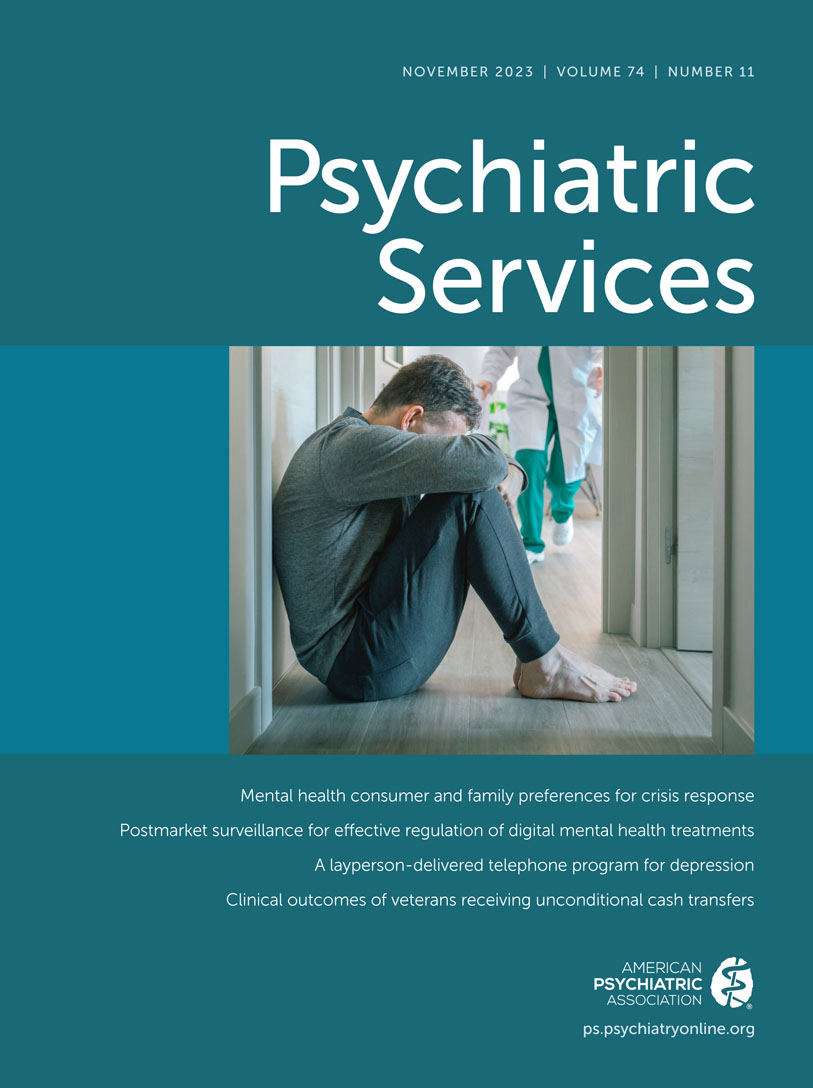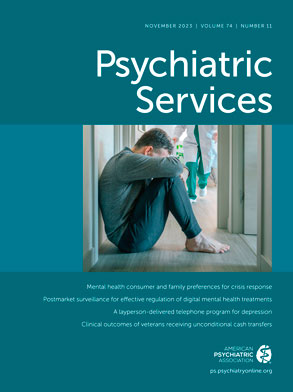TO THE EDITOR: Knopes and D’égale-Flanagan’s (
1) Lived Experience Inclusion & Leadership column discusses the idea of dual relationships within peer support. The authors discuss the groundwork to remedy a paucity of scholarship addressing ethical issues surrounding the dual professional-friend relationship. As educators, researchers, and managers engaged in work relating to peer support in the Republic of Ireland and United Kingdom, we were interested to read this U.S. contribution. As the authors note, empirical work on ethics in peer support is vital as the field continues to evolve with increasing professionalization in not only the United States but other countries. Indeed, the work the authors report is very valuable in exploring ethical complexities by directly engaging with the experience of peer support workers (PSWs) and extending the consideration of dual relationships to peer support research as well.
Knopes and D’égale-Flanagan’s contribution also prompted us to reflect on what is at stake in relating a notion of dual relationships to everyday peer support activities, the intersubjective space between PSW and client, and narratives that develop about this through experiential knowledge. One way of conceptualizing peer support is in terms of the creation of informality, which is the “glue” in the PSW-client relationship (
2). Coconstructed in the PSW and client’s social relationship, this informality is manifest in the “doing” of everyday tasks together, which helps develop a relationship akin to, but not the same as, a full friendship.
Conceiving of informality as essential to peer support poses questions about the epistemological positions privileged in determining personal-professional boundaries in peer support. For example, how rigid should the distinction between personal and professional be? PSWs should be afforded the opportunity to articulate the issues for themselves and decide how best to approach peer support practices, including, for example, decisions concerning self-disclosure of one’s own lived experience with mental health challenges and how that may affect the clinical relationship. Put differently, reflection on these issues should be on the PSW’s terms, even if the convention of the professional field of mental health and psychiatry discourages such self-disclosure.
Acknowledging this debate regarding self-disclosure of lived experience and the creation of informality, we concur with the authors about the importance of further research examining the ethics behind the dual relationship within peer support across different contexts in which PSWs practice, with consideration of the reality of the demands and challenges that PSWs may face. The knowledge that PSWs draw on and the language they use to talk about their own practices should also be explored, along with the views of other professionals toward PSWs. Keeping in mind their own professional values and ethics, PSWs should also look at the types of relationships they have with clients.

